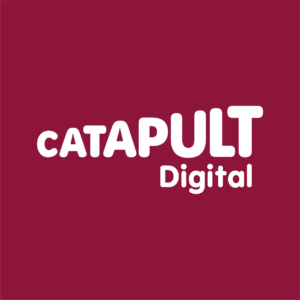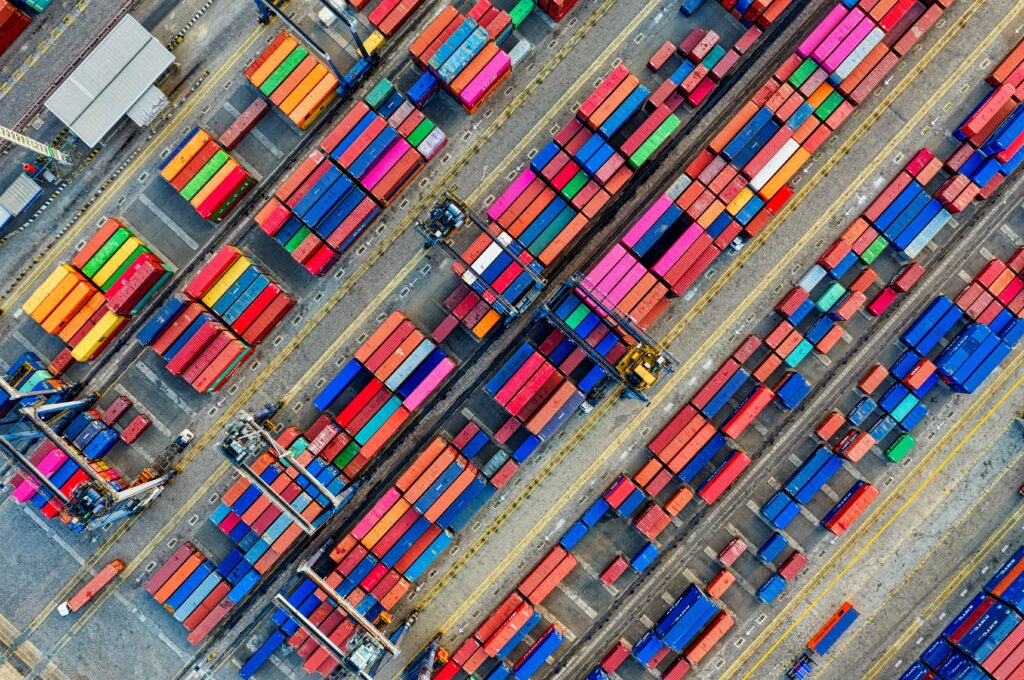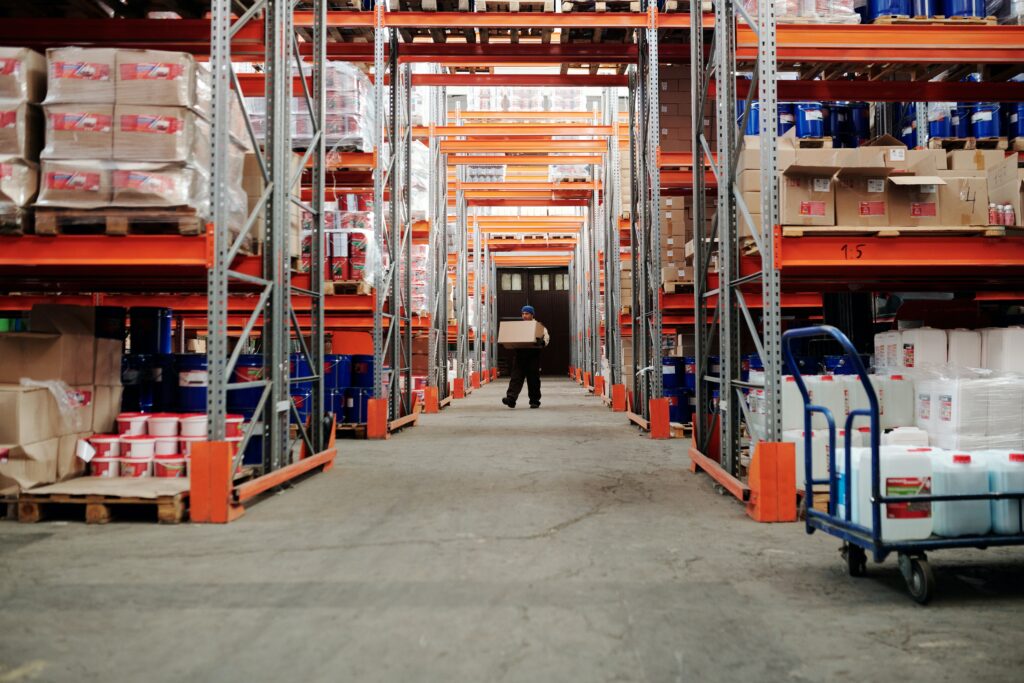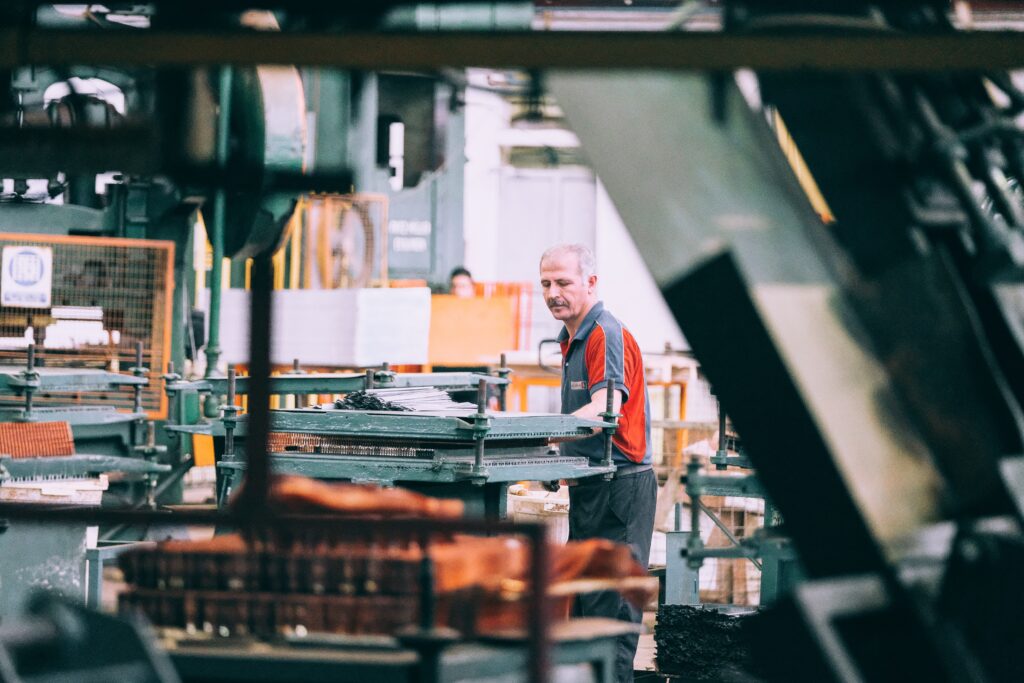At the end of 2022, we had a stand at the Smart Factory Expo at Digital Manufacturing Week, the heart of manufacturing innovation with part of our cohort from the first open call, showcasing their technologies to hundreds of people. It was a fantastic opportunity to demonstrate to industry how our work sits firmly at the forefront of digital innovation across supply chains as well as the opportunity to see what is happening at the cutting edge of digital supply chain technology, in AI, robotics, IoT and more across the whole UK.
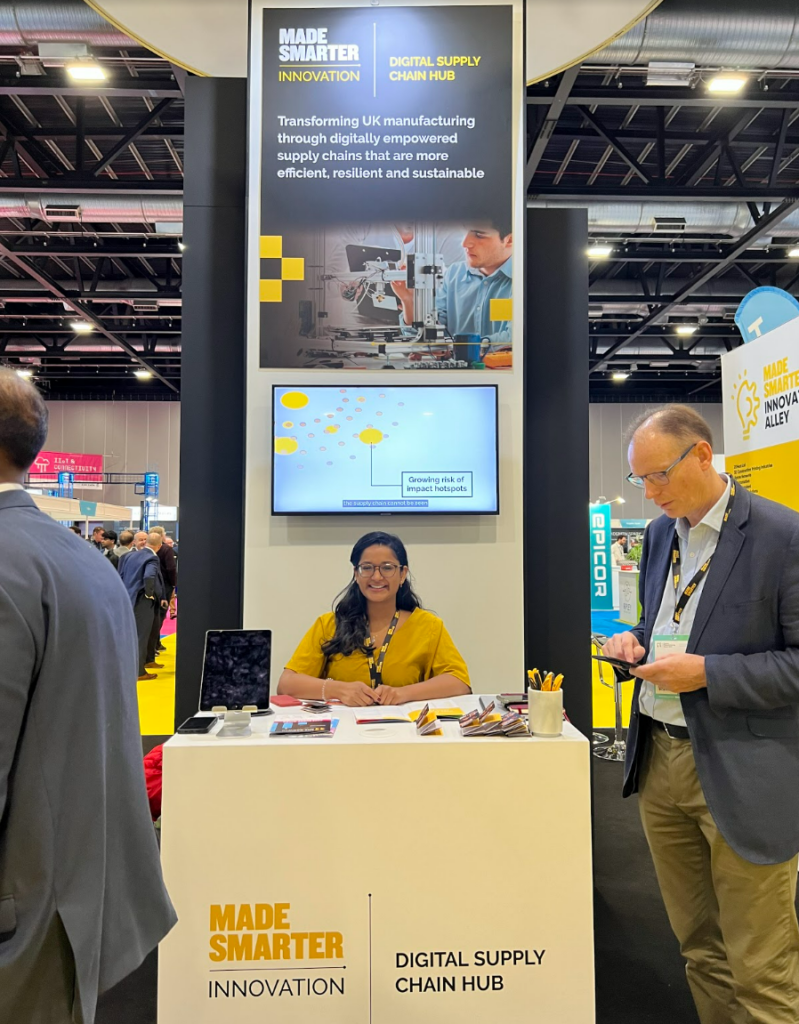
Increased automation and AI
As technology continues to advance, we can expect to see an increasing amount of automation and AI in the digital supply chain. This could include the use of robots and other automated systems for tasks like warehouse management, order fulfilment, and transportation. AI-powered systems will also become more prevalent, helping to optimise and streamline supply chain operations.
AI can be used to track supply and demand imbalances, monitor emissions, and much more. Our first cohort for the programme include participants Singular Intelligence who have been utilising AI to track supply and demand imbalances in the meat supply chain for Sainsbury’s, and Versed AI who use natural language processing and machine learning technology to identify multi-tier supply chain relationships and support intelligent decision-making through risk identification.
Greater integration and collaboration
The digital supply chain will continue to become more integrated and collaborative, with different parts of the supply chain working together more closely than ever before. This could include the use of shared platforms and technologies, as well as the adoption of industry-wide standards and protocols.
Another of our first cohort, Infoculture, is working on a framework facilitating the trusted information and data flow through supply chains, proposing actions and mechanisms that support greater and enhanced collaboration amongst supply chain partners partly, but not exclusively, through the secure permissioned sharing and exchange of data.
A shift towards sustainability
Sustainability is already becoming a top priority for many organisations, and this trend is only set to continue in the digital supply chain. This could mean the adoption of more eco-friendly technologies and practices, as well as the integration of sustainability metrics into supply chain operations.
For example, capturing data on scope 3 emissions is allowing companies to work on reducing these. Our first cohort includes a project from Data Catalyst who are working to gather data on these harmful emissions for manufacturers.
Greater supply chain resilience
Supply chain resilience is about managing and adapting to the unknown across the whole spectrum of risk – from day-to-day operational risks to catastrophic supply chain disruption. Resilience necessitates both proactive and reactive approaches.
WMG has been doing a critical analysis of the research into SC resilience, developing a definition of supply chain resilience, finding existing digital tools and methods, identifying factors in supply chain resilience, and develop a practical decision-making framework for evaluating and measuring supply chain resilience, with mitigation strategies to improve the end-to-end supply chain resilience in the manufacturing sector.
The rise of blockchain
Blockchain technology is already making waves in the world of supply chain management, and this trend is set to continue. In November 2021, the demise of TradeLens, a blockchain-powered supply chain ecosystem from IBM and Maersk, shocked many.
IBM and Maersk said: “Unfortunately, while we successfully developed a viable platform, the need for full global industry collaboration has not been achieved. As a result, TradeLens has not reached the level of commercial viability necessary to continue work and meet the financial expectations as an independent business.”
However, that doesn’t change the ambition or opportunity that blockchain affords. By 2025, we can expect to see more widespread adoption of blockchain in the digital supply chain, with the technology being used for tasks like tracking and tracing, contract management, and supply chain finance.
Your invitation to the Digital Supply Chain Hub Showcase
As technology continues to advance and consumer expectations evolve, the digital supply chain will continue to evolve and adapt, bringing new levels of efficiency, collaboration, and sustainability to the world of supply chain management.
At Digital Catapult’s Digital Supply Chain Hub, we’re working to support UK supply chains as they develop their capabilities with advanced digital technologies. In February, we are hosting a showcase of our first cohort’s work in digital supply chains. You can sign up for the event in London, 7 February here.
We will also be announcing the winners of our testbed opportunity, where supply chains leads will be working with their suppliers to develop end to end testbeds for testing advanced digital innovations within their supply chains.
Register your interest in the Hub to find out what we’re up to and learn about the projects we’re running, including the Logistics Living Lab, the UK Supply Chain Directory and to keep up with our future of supply chain series.
Keep up to date with all of the news coming out from Digital Catapult by signing up to the Digital Catapult newsletter here.

